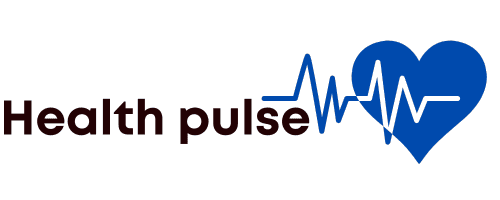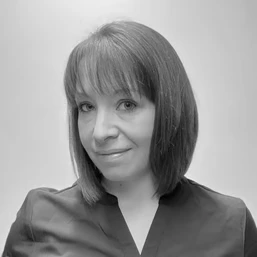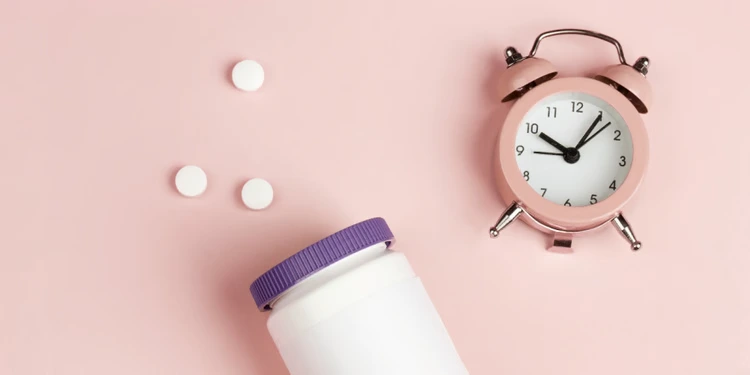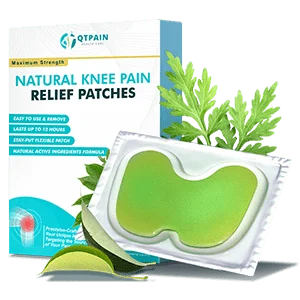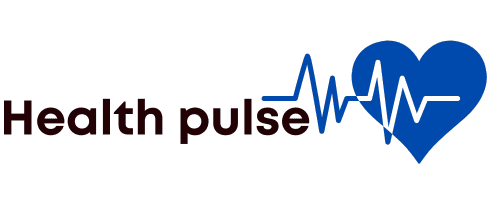Menopause is a time in a person’s life when there is a cessation of menstruation and hormone levels begin to change. While hormone therapy is a standard treatment for menopausal symptoms, it is not the only option. Complementary and alternative medicine (CAM) is available to address symptoms of menopause.
Key takeaways:
- CAM is available for the treatment of menopause.
- Four groups of CAM contain therapies claiming to positively impact symptoms of menopause. These are non-hormonal medications, mind-body therapies, natural products, and whole-system practices.
- Only two CAM treatments are supported by The North American Menopause Society (NAMS); they are cognitive behavior therapy (CBT) and hypnosis.
- When considering CAM, keep in mind the supporting evidence and if it does or does not support the claims of the specific therapy.
- Before engaging in any therapy for menopause, locate a healthcare professional who specializes in menopause to discuss the options that are right for you.
Why seek alternative menopause therapies?
Hormone therapy may not be safe for everyone. Hormone therapy may not be best if you:
- Have a history of heart disease.
- Have a family or personal history of breast cancer.
- Have elevated triglyceride levels.
- Have a family history of gallbladder disease.
- Have liver disease.
- Have a history of stroke and blood clots.
The risk of estrogen side effects is decreased between ages 50 and 59. For this reason, women over 59 may not be considered for hormone therapy.
When considering any therapy for treating menopause symptoms, you should discuss what is best for you with your healthcare provider. Prepare for that discussion by learning more about CAM options available, if they are safe, and if clinical data can support their claims.
Non-hormonal medications
One well-known way to treat symptoms is the use of probiotics for menopause. These are beneficial bacteria balancing the bacterial imbalance in your gut that is related to vaginal, muscle, skin, and digestive health.
There are two FDA-approved medications available for menopausal symptoms that do not contain hormones. One is a low-dose selective serotonin reuptake inhibitor (SSRI) commonly used to treat depression. It is available for people without anxiety or mood problems.
The other FDA-approved medication acts like estrogen in the body. It helps with painful sex associated with menopause.
A few over-the-counter (OTC) drugs also claim to improve menopause symptoms. Some of these do contain estrogen. Be sure to read the labels if you want items that do not contain estrogen. As with any medication, speak with your healthcare provider before using any OTC drugs.
Mind-body therapies
Mind-body therapies are a type of therapy that improves the mind’s positive effects on the body. This includes:
- Hypnosis.
- CBT.
- Relaxation.
- Biofeedback.
- Meditation.
- Aromatherapy.
Hypnosis is a state of deep relaxation with focused attention. Clinical studies have shown that hypnosis can improve hot flashes. Hypnosis is safe and one of only two CAM treatments supported by NAMS.
CBT is a type of talk therapy. A person will work with a mental health therapist to identify negative thought patterns and learn to view difficult situations positively. This therapy has been shown to improve hot flashes and depression associated with menopause. It is the other of the two alternative therapies that NAMS supports.
Relaxation, biofeedback, meditation, and aroma therapy are also mind-body types of CAM. Some people may claim they have benefited from the effects of these therapies for their menopausal symptoms. However, there is insufficient clinical data to support these claims. More studies are needed to verify the claims.
Natural products and whole-system therapies
Natural products encompass herbs, vitamins, minerals, and dietary supplements. Whole-system therapies consider complete systems of therapy and practice, such as Chinese medicine, reflexology, acupuncture, and homeopathy.
Both groups of therapies are used widely and are gaining the interest of people who are not candidates for hormonal treatments. Natural products are readily available at local shops or online for home delivery. While whole-system practices are much more prevalent in recent years.
Though the popularity of these therapies is noticeable, the data to support the claims of their positive effects on menopause symptoms is lacking. With little supporting evidence, more clinical studies need to be completed to support the effects of these therapies.
Placebo effect
A placebo delivers positive results with an inert substance or any treatment with the belief that it will work. And placebos can work.
When testing the placebo effect on people experiencing menopause, a reduction in menopausal hot flashes has been observed, and evidence shows sustained improvement.
The placebo effect is dependent on many factors that have yet to be understood entirely. However, the results show a 33% improvement rate in hot flashes.
This high rate of placebo effect impacts the consideration of the effectiveness of other therapies. As Dr. Stephanie Faubion, Director of Mayo Clinic Women’s Health and NAMS Medical Director, explained, the placebo effect is very high in people who have menopause. Therefore, it isn’t easy to support therapies that do not show effectiveness more elevated than 30%.
What healthcare professionals are saying
Physicians are speaking to their patients about CAM but can only talk to those patients who come to them. Dr. Faubion shared that by the time people came to see her, they had already tried alternative therapies and did not get the results they were searching for. When she does get that patient who wants to consider CAM, she encourages the discussion.
Dr. Faubion verified the position of NAMS supporting the use of hypnosis and CBT because of their supporting data. However, note that CBT does not necessarily improve hot flashes but improves the anxiety and stress associated with them.
She continued that other forms of CAM are okay; they only lack data. A plant-based diet has shown some improvement in hot flashes, but it needs to be clarified if it is the contents of the diet or the weight loss that has improved the hot flashes.
There’s more on the horizon. Dr. Faubion stated that a new non-hormone drug is in trial and expected to get FDA approval soon. The Kandy neuron is believed to start hot flashes, and this new drug interrupts one of its pathways.
According to Dr. Faubion, people can experience hot flashes for 7-9 years on average, with 10% of people experiencing them for longer than ten years. This is a long time to tough it out, as some try to do. Effective therapies are available, and Dr. Faubion encourages those suffering from menopausal symptoms to see a physician who specializes in menopause and not try to tough it out.
Though prescribed most often for menopausal symptoms, hormone therapy is not always the best option for people experiencing menopause. CAM is available, but options should be discussed with a healthcare professional to ensure patient safety and achievable results. When considering any therapy for menopause symptoms, seek a healthcare provider specializing in menopause, and don’t hesitate to discuss CAM with them.
Resources:
- Journal of Evidence-based Integrative Medicine. Complementary and Alternative Medicine for Menopause.
- Mayo Clinic. Cognitive behavioral therapy.
- Psychosomatic Medicine. Placebo improvement in pharmacological treatment of menopausal hot flashes: time course, duration, and predictors.
- The Journal of North American Menopause Society. Nonhormonal management of menopause-associated vasomotor symptoms: 2015 position statement of The North American Menopause Society.
- The University of Minnesota. Mind-body therapies.

